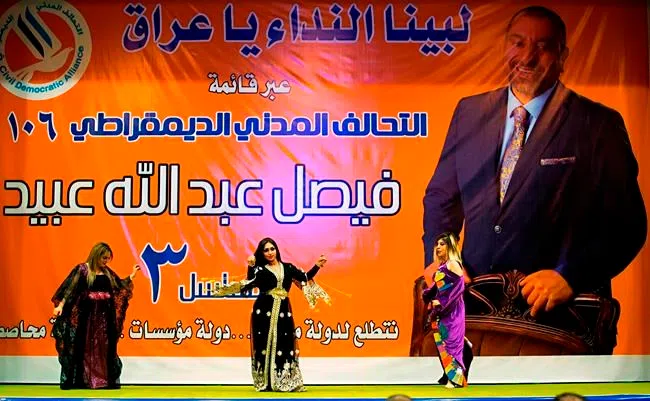
Iraqi vote offers chance to chart post-IS future
BAGHDAD — Iraqis head to the polls this weekend for the first time since the government declared victory against the Islamic State group, in national elections that could tilt the balance of power between the United States and Iran.
The May 12 election, the fourth since the 2003 U.S.-led invasion that toppled Saddam Hussein, will be dominated by the same leaders and factions that emerged 15 years ago. But the atrocities committed by IS against fellow Sunnis, the hard-fought national campaign against the extremist group and new rifts among the dominant Shiite blocs seem to have eased the sectarian tensions that marked past votes.
The main fault-line is between Prime Minister Haider al-Abadi, who has deftly balanced both Iranian and American influence, and other Shiite politicians seen as closer to Iran. The vote is being held amid rising tensions between Washington and Tehran, as President Donald Trump weighs withdrawing the U.S. from the 2015 nuclear deal, and Israel and Gulf countries express growing concern about Iran’s regional ambitions.
Iraqis, meanwhile, expect little from what is sure to be another fractious coalition government. Fifteen years after the U.S. invasion, the country still suffers from widespread power outages and poor public services, and low oil prices have further eviscerated the economy. In Sunni-majority areas, where the war against IS destroyed vital infrastructure and countless homes, the challenges are even greater.
